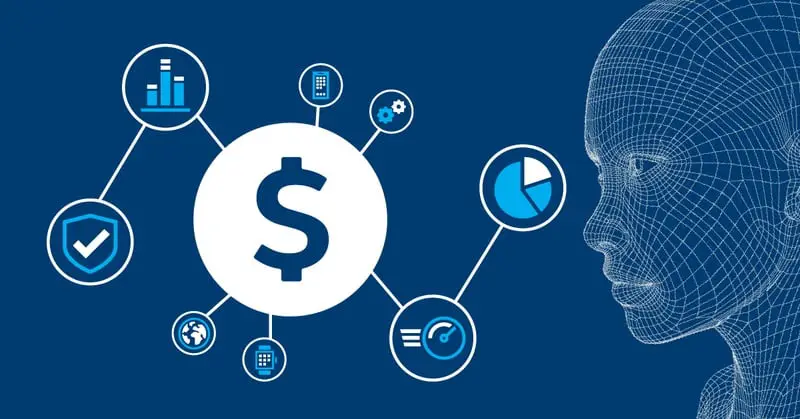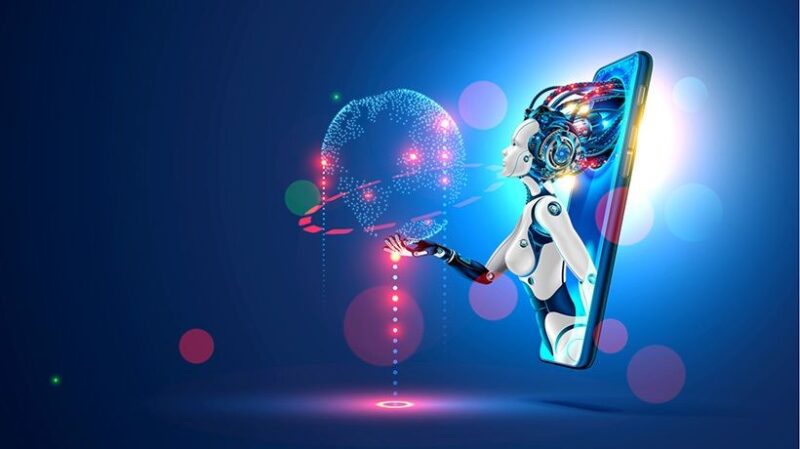AI (Artificial Intelligence) is a hot topic for the tech world, so we listed applications that will be popular in the future.
Future AI applications will effect many sectors
Artificial intelligence offers a wide range of possible applications, which in some cases serve to improve internal processes and increase efficiency, and in others they can be a real revolution. Some sectors such as health, tourism or security are presented as trends in the advancement of these technologies during 2019, indicates a BBVA report.
Currently, there are already enough examples of real applications of artificial intelligence in different industries through the use of algorithms that allow the data to be used to predict different situations and incidents, as well as to automate certain processes.
- Artificial Intelligence: What is it, how it works and what AI is used for?
- DeepFace Drawing technique turns sketches into photos
- NTT spends $230 million to build hyper realistic digital twins of humans
List of Artificial Intelligence (AI) applications for the future
These are some of the trends highlighted in a report by the consultancy CB Insights, which are marking with new advances that are changing various industries:
Medical chatbots
The use of ‘chatbots’ for online care is becoming increasingly common in countries like the US, both for solving medical questions and for users to locate the professionals who can best serve them.
Online shopping wizards
The ‘bots’ are increasingly established as the ideal channel to market products online, accompanying the client throughout the purchase process and, even, solving most of their complaints. From the consumer side, new search technology systems are already on the market that further personalize information according to their preferences, while, from the perspective of brands, AI is allowing the development of systems to detect very precise counterfeits.

‘Insurtech’ at the wheel
Regarding the payment of insurance premiums, there are already the first prototypes that establish predictions about the behavior of vehicle drivers, thanks to the use of image recognition algorithms, which evaluate, among other parameters, the possibility of accidents.
Invisible payments
Machine learning applied to image recognition is also generating new services such as Amazon Go, which allows customers to pay for products in physical stores without going through the box, thanks to systems that identify the user and the products and collect automatically.
- LinkedIn uses AI to remove foul accounts and content
- Kirin 985 SoC benchmark reveals AI score of the processor
- Apple bought Irish AI startup Voysis to improve Siri
Smart prosthetics
In the field of prosthetics, scientists are making great progress thanks to machine learning models that, through sensors attached to our body, receive and process data and serve to develop commands that make devices move almost immediately.
In clinical research, AI is already allowing valuable information to be extracted from medical records to suggest relevant trials.
Travel assistants
The added value of ‘chatbots’ is something that customers perceive today through advice on reservations, suggestions made online, virtual assistants or when qualitatively evaluating the opinions received.
AI diagnostics
The American health supervisor, the FDA, is giving the green light to projects that use AI in medical devices, for example, to improve diagnostics through image recognition. So in the future we will see the medical professionals use artificial intelligence on a daily basis.
AI in banking
In the banking world, AI has already shown its potential. BBVA has inaugurated this year the Artificial Intelligence Factory whose work is focused on developing new forms of customer relations with the support of artificial intelligence; customize products to suit each customer; Support commercial managers to free them from repetitive processes and strengthen protection against fraud and cyber attacks.





